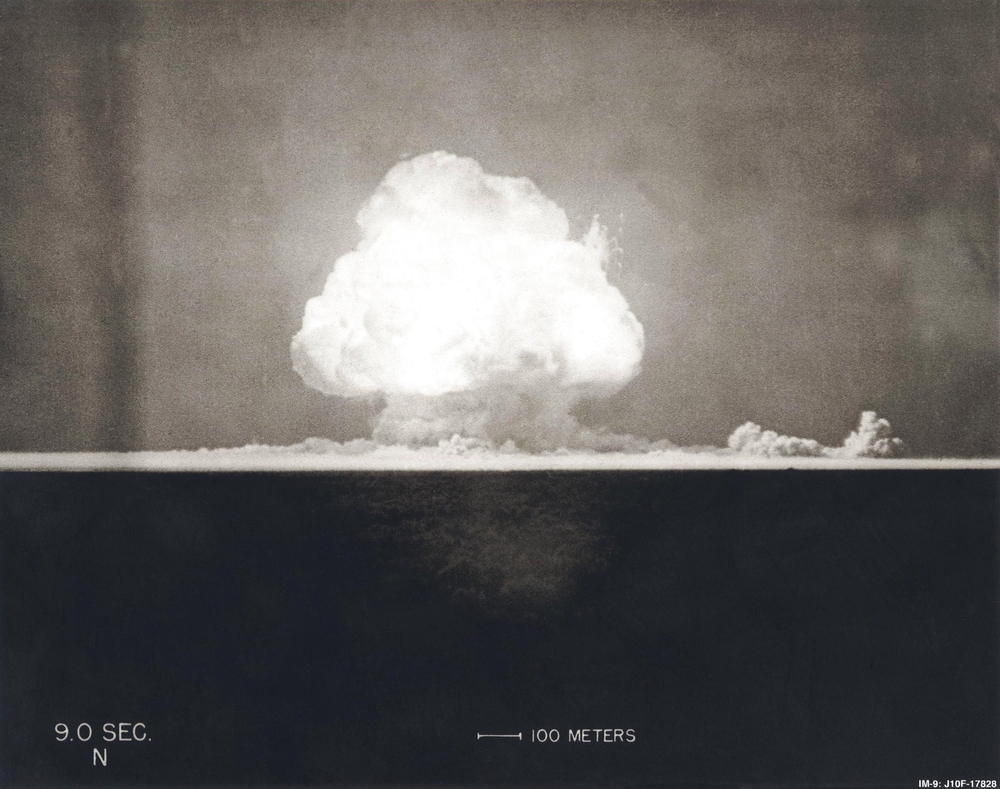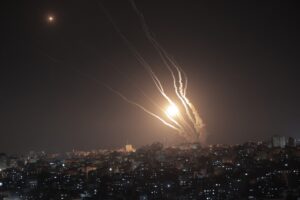Pope Leo delivers forceful plea for peace following US strikes on Iran
Amid escalations in the Middle East following a US military strike on Iranian territory, Pope Leo XIV delivered an urgent and impassioned call for peace during his Sunday Angelus address, warning the international community against plunging further into a cycle of irreversible destruction.
“Alarming news continues to emerge from the Middle East, especially from Iran,” the Pope said at the end of his Angelus prayer, referencing the latest military action. He spoke with particular sorrow for the “people’s daily suffering, especially in Gaza and the other territories, where the need for adequate humanitarian aid is becoming increasingly urgent.”
Pope Leo also warned against the moral indifference that can numb global attention to ongoing suffering. “Today more than ever, humanity cries out and calls for peace,” he said. “This is a cry that requires responsibility and reason, and it must not be drowned out by the din of weapons or the rhetoric that incites conflict.”
Without naming specific nations, Pope Leo emphasized that the burden of de-escalation falls on all. “Every member of the international community has a moral responsibility to stop the tragedy of war before it becomes an irreparable chasm.”
The Pontiff also reminded the faithful that “there are no ‘distant’ conflicts when human dignity is at stake.” He warned that “war does not solve problems; on the contrary, it amplifies them and inflicts deep wounds on the history of peoples, which take generations to heal.”
“No armed victory can compensate for the pain of mothers, the fear of children, or stolen futures,” he stated, his voice firm and sorrowful.
“May diplomacy silence the weapons! May nations chart their futures with works of peace, not with violence and bloodstained conflicts!” the Pontiff said.
The Pope’s words follow Saturday’s “Operation Midnight Hammer,” the largest B-2 bomber strike in US history, that culminated in 75 precision-guided weapons dropped on the Fordow, Natanz, and Isfahan nuclear sites in Iran.
In a first step toward what may be a broader retaliation, Iran has announced that it will block the Strait of Hormuz, a key commercial maritime passage, and insinuated that it may target some of the 40,000 US military personnel stationed in the region.
During a television round Sunday morning, top Trump administration officials reassured the public that the attack was a limited engagement to disrupt Iranian nuclear capabilities.




